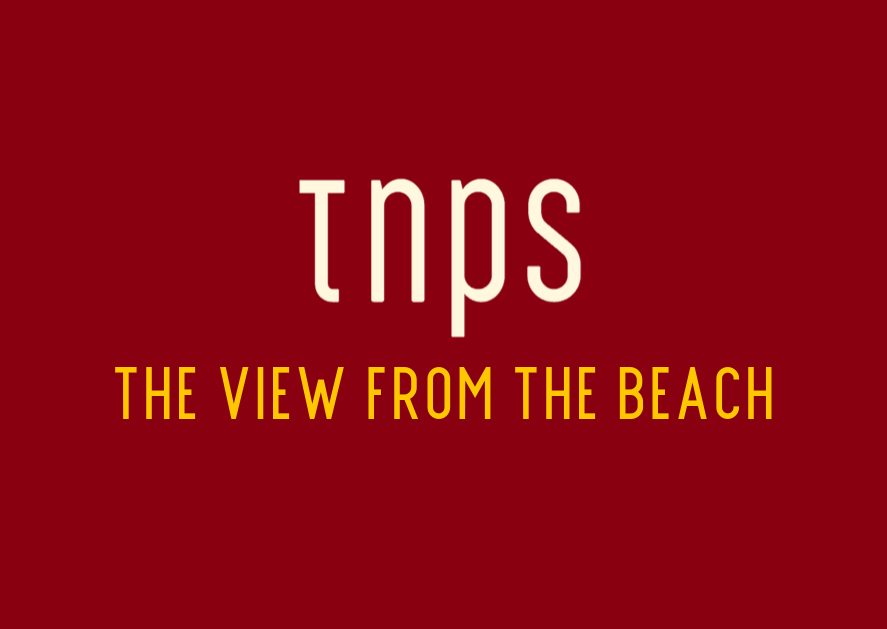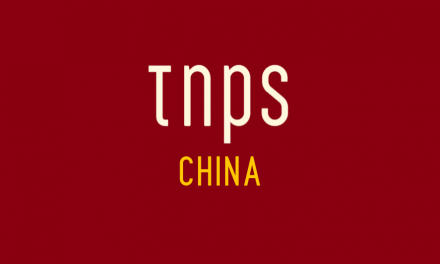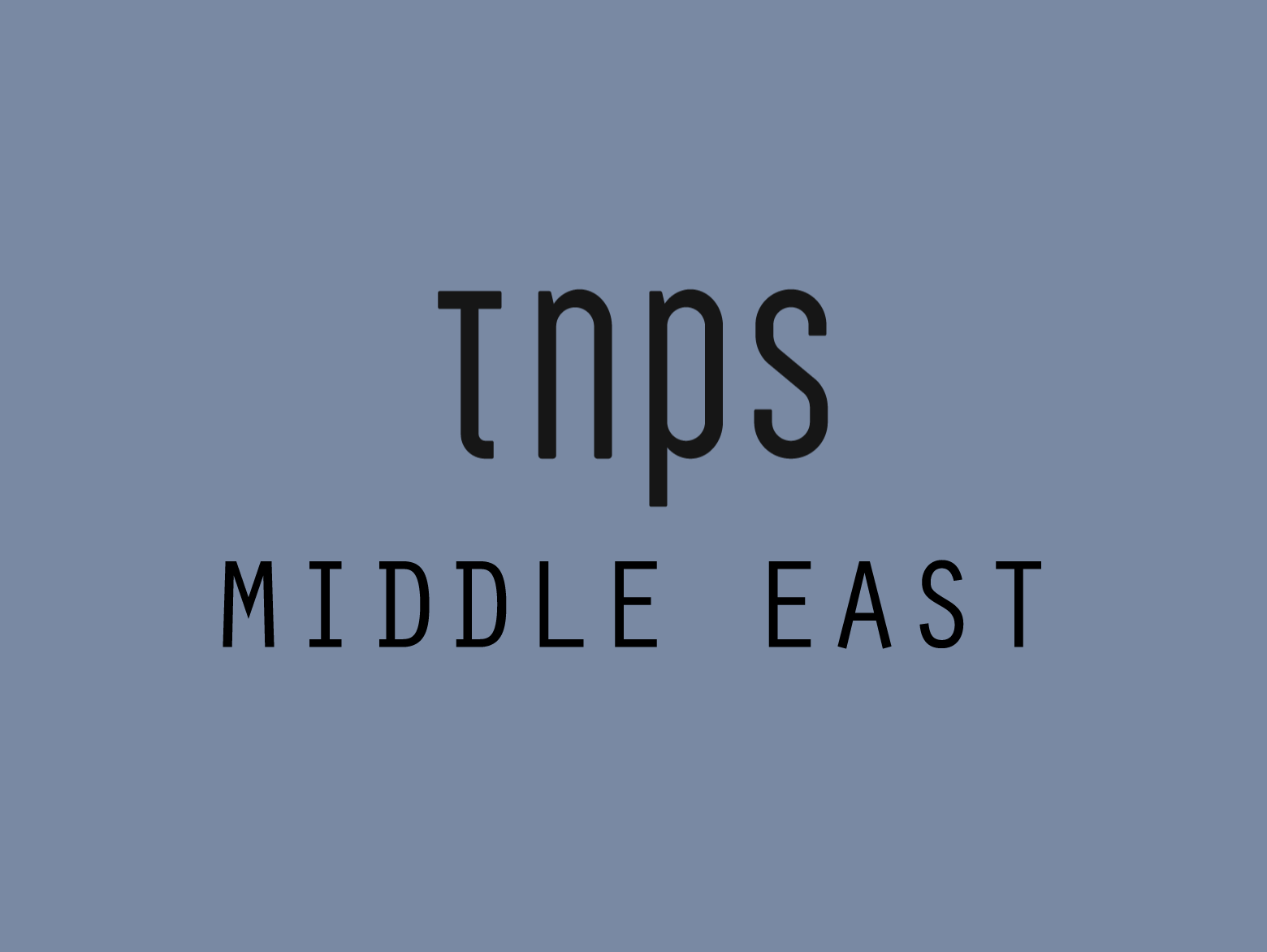Unlimited digital books subscription in the US and other mature English-language markets is not a matter of if, but when. Publishers should be willing Jonas Tellander to make his move sooner rather than later, because the longer there is no serious competitor to Audible, the stronger Amazon becomes.
Storytel’s announcement that it is partnering with the fellow Sweden-based streaming giant Spotify made headlines around the world except, notably, in the English-language book publishing journals where it either went unnoticed or at best warranted a news snippet mention.
Better coverage was to be found in the tech journals, but here understandably the significance of the announcement for the global publishing industry was missed.
To be fair, Storytel offered us very little of substance in its press release, aimed more at exciting investors than exciting the trade, and that seemed to work well, but here at TNPS a company’s share value is not of as much interest as what a given deal means for the industry’s future. And here’s where it gets interesting.
But first, here’s what we do know, from the proverbial horse’s mouth.
Storytel currently offers more than 500,000 audiobooks and ebooks across 25 markets, but the downside to the model is that potential consumers outside those countries do not have easy access to the stores.
With 5 billion people online globally that’s a lot of potential action to be missing out on – something the music and film industries understand. Publishers, even those taking digital seriously, not so much.
Storytel is one of the exceptions, but the country-manager/regional hub manager approach that has brought Storytel to where it is today, with about 1.6 million subscribers and impressively steady growth, can only go so far.
Storytel CEO Jonas Tellander has made clear Storytel intends to be in 40 markets by 2023, but that’s just 40 out of 200 or so prospective markets. And that’s where Spotify comes in.
Those who want the corporate waffle can check out the press release here.
For us, let’s waste no further time before getting down to what this means, such as we can make out from the skeletal detail in the press release, before taking a step back to look at the bigger picture.
Courtney Holt, Spotify’s Global Head of Studios explains that it is:
Spotify’s goal to be the singular platform for all audio: music, podcasts, live conversations, and now via this partnership, audiobooks. By utilizing the Spotify Open Access Platform, Storytel will be able to deliver its premium audiobooks offering to their audience using Spotify’s best-in-class platform, all while retaining direct control over their relationship to their audience.
Per coverage in the tech media, it seems Spotify’s 365 million users and 158 million subscribers will have the option to subscribe to Storytel via the aforementioned Spotify Open Access Platform, so to be clear, Spotify subscribers will not be getting access to Storytel’s catalogue per se, but will need to run a parallel subscription.
To that extent the deal is perhaps not quite the gamechanger the headlines first suggested, but in fact it may well be, just not for that reason.
First just to note that TNPS asked Storytel for further detail, but as expected Storytel is not making its detailed plans public just yet, and it may well be the plans are not fully developed yet. However, Storytel did confirm that this will be a multi-market package, not limited to Sweden.
It may or may not be the case that the deal means the Storytel’s catalogue will, subject to territorial rights title by title, be available to potentially all of Spotify’s 178 global markets.
But it’s A safe bet it will include all of Spotify’s mature markets, including the US and UK, and that’s where this latest news from Storytel and Spotify registers as a significant ripple from the seismic shift I wrote about here at TNPS back in August 2020, when Spotify first confirmed it was moving into the audiobook space.
Then as now the English-language publishing journals barely noticed the announcement, let alone its long-term significance, so let me revisit the key point from that post:
(We have to) wonder not so much if, as when Spotify Audiobooks will take off.
US and other Anglophone publishers have been complacent so far in handing to Amazon’s Audible the level of control they went on to regret with ebooks. But for how much longer?
Publishers know in their hearts that letting Audible have control of the audiobook market is going to backfire one day.
And they also know that the Audible model of one credit per month subscription has its downsides. Not least that the unlimited subscription model is far more attractive to consumers.
They also know that the unlimited model opens up backlist revenue opportunities like no other.
That’s not so important right now, when publishers are still catching up with audio for their frontlist titles. But the time is not that far off where mature-market publishers are going to look again at the unlimited model, grasp that revenue and profit are not the same thing and that big revenue with less profit isn’t such a great idea, and start switching allegiance. This is business, after all, and money talks.
As Spotify and others grab more “Big Pub” title share so Audible, comfortable now with its credit-subscription model, will simply introduce its own unlimited model to retain its customer-base.
It’s at that point that the ripples from the quake about to happen will finally reach shore.
Make no mistake. The seismic shift is already underway.
Which brings us to the latest ripple from that quake – the Storytel-Spotify partnership, where we’ll focus on just one market: the USA.
The USA is if course the world’s largest audiobook market by revenue. We can argue China as a contender in terms of units consumed, and in fact some observers estimate China’s audiobook market to be on par with that of the US, but China is a closed market and need not concern us in this discussion.
The USA, by contrast, is open access and very much the Holy Grail of any and every sector of the English-language publishing industry – begging the obvious question, why isn’t Storytel there already?
The answer lies not in Storytel’s disinterest or lack of content (English-language titles make up the bulk of the Storytel catalogue) but in publisher resistance.
Put simple, publishers mostly avoid unlimited subscription like the plague, and last year Penguin Random House removed all its titles from all unlimited subscription operations globally, including Storytel.
Storytel’s Swedish rival BookBeat famously tried a lunch of its unlimited subscription service in the UK, and while it has not yet closed the operation, BookBeat’s quarterly reports mostly avoid even mentioning the UK service.
It’s not that Brits have an issue with unlimited subscription, of course. They love the model as much as consumers in any other country. But with insufficient content to attract a viable audience, BookBeat UK just treads water, awaiting its moment.
So no surprises Storytel has not made any attempt to enter the US, UK and other core English-language markets, so far. But Tellander is no fool. Like Jeff Bezos, Tellander works to a vision, not a plan.
And to the extent that there is, of course, advance planning, the promised 2023 40-market empire is just that. But Tellander’s vision is global, and Spotify is the next step in making that vision a reality.
We should be in no doubt that Tellander’s vision for Storytel is not limited to mopping up micro-markets around the world while looking on enviously as Amazon’s Audible continues its dominance of the US and other core English-language markets.
The Spotify deal is Tellander’s back door into the US, UK and other markets, and the ripples of the 2020 seismic shift I spoke of are in evidence right here.
Put simply, via Spotify’s Open Access Platform Storytel can make its catalogue accessible in the US, UK, etc, without having to set foot in those countries, let alone appoint country managers and set up formal operations in each.
Obviously territorial restrictions by participating Storytel publishers will mean not all of the Storytel catalogue is available, but enough will be to attract serious interest – especially if Tellander plays the pricing game against Audible, and keeps the unlimited subscription fee at or below the fee charged by Audible for a credit of one audiobook per month.
Without Audible’s level of premium content from the biggest publishers Storytel cannot hope to put a meaningful dent in Audible’s US market share.
But it will have enough content to make an impact, and by sharing with US publishers the results it will in time be able to convince said publishers that the unlimited model is working and can deliver meaningful profits as well as data we can safely assume Amazon-owned Audible is not sharing.
The second factor here is a given: publishers know that Amazon’s total dominance of the US audiobook market is going to backfire at some point, just as it has with ebooks and just as it is doing now with print.
Publishers need a meaningful rival to Audible to have any hope of maintaining control over the sector. Storytel, alone or with BookBeat, Nextory and Scribd chasing the rear, could and likely will be that counterbalance before this decade is too much older.
And as that happened the US audiobook market would quickly reach the tipping point where unlimited subscription becomes the new normal.
Not because Audible cannot compete – it is far too strong to lose sleep over these upstart start-ups. But because Audible can, and at some stage will, either to stay ahead of or to pre-empt the upstart rivals, switch to the unlimited model in the US, as it already operates in Italy and Spain.
Publishing commentators who will be crying out that publishers would never agree to such an abhorrent and unacceptable move by Audible need to take a reality check.
The day Audible decides to go unlimited the publishers will squeal like pigs on sticks, rant noisily about how Amazon will burn in eternal hellfire, and then just carry on like they have no choice, because the bottom line is publishers handed the full deck of cards to Amazon long ago.
Unlimited digital books subscription in the US and other mature English-language markets is not a matter of if, but when.
Publishers should be willing Jonas Tellander to make his move sooner rather than later, because the longer there is no serious competitor to Audible, the stronger Amazon becomes.





